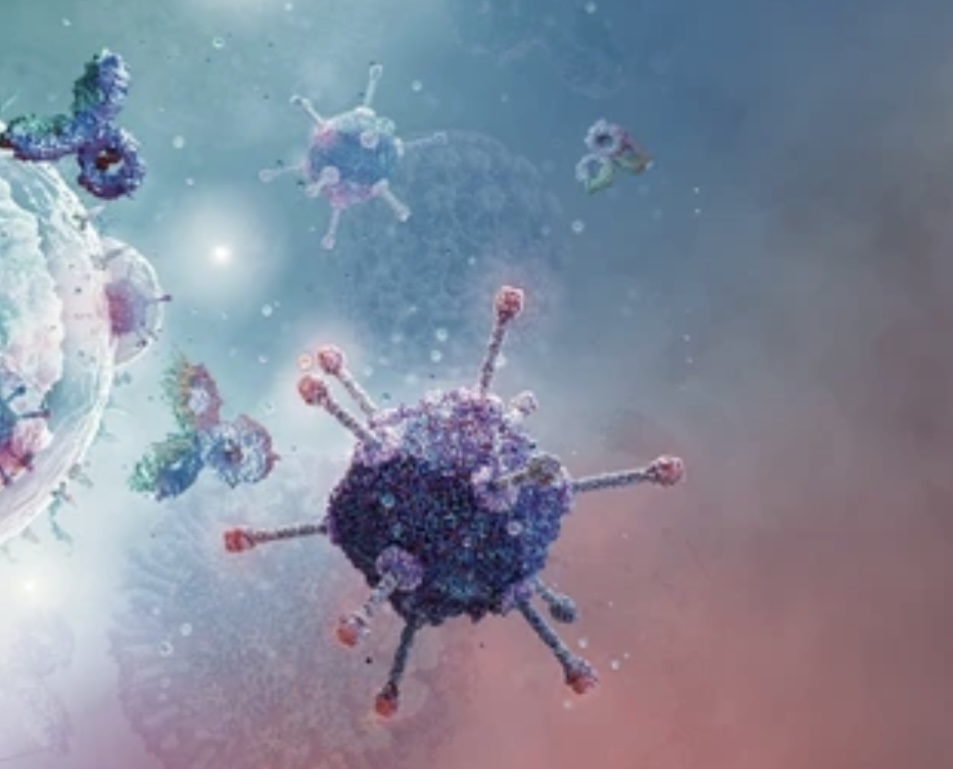Introduction
Immunization, a cornerstone of modern medicine, has revolutionized healthcare by harnessing the incredible power of the immune system to protect animals, including humans, against a wide range of pathogens. In this article, we will explore the principles of immunization, its significance in the animal kingdom, and how it has transformed our understanding of immunity and disease prevention.
Understanding the Immune System
Before delving into the intricacies of immunization, it’s essential to comprehend the immune system’s role in animals. The immune system is a complex network of cells, tissues, and molecules that work together to defend the body against invading pathogens, such as bacteria, viruses, and parasites. This remarkable defense system has two primary components: the innate and adaptive immune responses.
- Innate Immunity: Innate immunity is the body’s first line of defense, providing immediate protection against a wide range of pathogens. It includes physical barriers like the skin, as well as non-specific immune cells, such as macrophages and neutrophils, that can engulf and destroy foreign invaders.
- Adaptive Immunity: The adaptive immune system is a more specific and tailored defense mechanism. It recognizes and remembers specific pathogens, allowing the body to mount a more targeted and effective response upon subsequent encounters. This is where immunization plays a pivotal role.
Immunization: The Basics

Immunization, also known as vaccination, is the process of introducing a harmless part of a pathogen or a weakened form of the pathogen into an animal’s body. This exposure stimulates the adaptive immune system, enabling it to recognize and memorize the pathogen’s characteristics without causing the disease. Immunization serves two primary purposes:
- Protection: Immunization provides protection against specific diseases by equipping the immune system with the tools to neutralize the pathogen when encountered in the future. This helps prevent illness and can even lead to the eradication of deadly diseases.
- Herd Immunity: When a sufficient portion of the population is immunized, it creates herd immunity. This not only protects vaccinated individuals but also those who cannot be vaccinated due to medical reasons. Herd immunity plays a critical role in controlling disease outbreaks.
The History of Immunization
The history of immunization is a testament to human innovation and our understanding of the immune system. The practice of immunization can be traced back to ancient civilizations, where people used variolation to prevent smallpox. Variolation involved exposing individuals to a small amount of the smallpox virus, resulting in a milder form of the disease and immunity. However, this method had risks, and more refined techniques were developed.
In the late 18th century, Edward Jenner introduced the smallpox vaccine, using cowpox to confer immunity to smallpox. This breakthrough marked the beginning of modern vaccination. Since then, scientists have developed vaccines for a multitude of diseases, leading to significant reductions in mortality and the eventual eradication of diseases like smallpox.
The Principles of Immunization

Immunization relies on a few fundamental principles to ensure its effectiveness and safety:
- Antigen Introduction: Immunization involves introducing an antigen, a harmless part of the pathogen, into the body. This can be a protein, a weakened form of the pathogen, or a component that triggers the immune response.
- Adaptive Immune Response: The introduced antigen activates the adaptive immune response. B cells and T cells, key components of the adaptive immune system, recognize the antigen and produce antibodies to neutralize it.
- Memory Formation: Following immunization, the immune system forms memory cells, which “remember” the specific pathogen. These memory cells remain in the body, ready to respond rapidly if the pathogen is encountered in the future.
- Boosters: Some vaccines require booster shots to maintain immunity. Boosters reinforce the memory response, ensuring prolonged protection.
Significance of Immunization in the Animal Kingdom
Immunization is not exclusive to humans; it plays a vital role in safeguarding the health of animals across the entire kingdom. Whether in the wild or domesticated, animals can benefit from immunization in several ways:
- Disease Prevention: In the wild, animals can be exposed to various diseases. Immunization, often occurring through natural exposure, provides essential protection, preventing outbreaks and promoting survival.
- Domestic Animal Health: In agriculture and animal husbandry, immunization is widely used to protect livestock from diseases. This ensures the health of animals, the safety of food products, and the livelihoods of those who depend on animals for their livelihood.
- Zoological Conservation: In the field of zoology, immunization plays a crucial role in the conservation of endangered species. Vaccination can help protect species from diseases brought by human contact or changes in the environment.
- Pet Health: Immunization is a cornerstone of preventive veterinary care for pets. Vaccines are administered to dogs, cats, and other companion animals to protect them from infectious diseases.
The Impact of Immunization
Immunization has had a profound impact on the health of animals and humans alike:
- Disease Eradication: Vaccination programs have led to the eradication of diseases like smallpox and the near-eradication of polio. This demonstrates the incredible power of immunization in eliminating deadly diseases.
- Improved Animal Welfare: In the animal agriculture industry, immunization has contributed to better animal health, reduced mortality, and increased productivity.
- Wildlife Conservation: Immunization programs have helped protect endangered species from diseases introduced by human activities, ultimately aiding in their conservation.
- Public Health: Immunization has significantly improved public health by preventing diseases that can have widespread, devastating consequences.
Current Challenges and Future Directions
While immunization has been highly successful, it is not without challenges. Some of these include vaccine hesitancy, the emergence of vaccine-resistant pathogens, and ensuring equitable access to vaccines worldwide.
In the future, the development of new and more effective vaccines, advances in vaccine delivery methods, and increased global cooperation will continue to enhance the field of immunization. Additionally, research in immunology and virology will further our understanding of the immune system and lead to the development of vaccines for a broader range of diseases.
Conclusion
Immunization is a powerful tool in the fight against infectious diseases, benefitting not only humans but animals as well. From ancient practices of variolation to modern vaccines, the history of immunization showcases human ingenuity and the understanding of the immune system. Its significance in protecting the health of animals in the wild, on farms, in zoos, and as pets cannot be overstated. As we continue to refine and expand our immunization efforts, we move closer to a world where more diseases become preventable, and both humans and animals can live healthier, disease-free lives.
Discover more from ZOOLOGYTALKS
Subscribe to get the latest posts sent to your email.



Pingback: KNOCKOUT MICE AND THEIR APPLICATION | ZOOLOGYTALKS | 11/11/2024